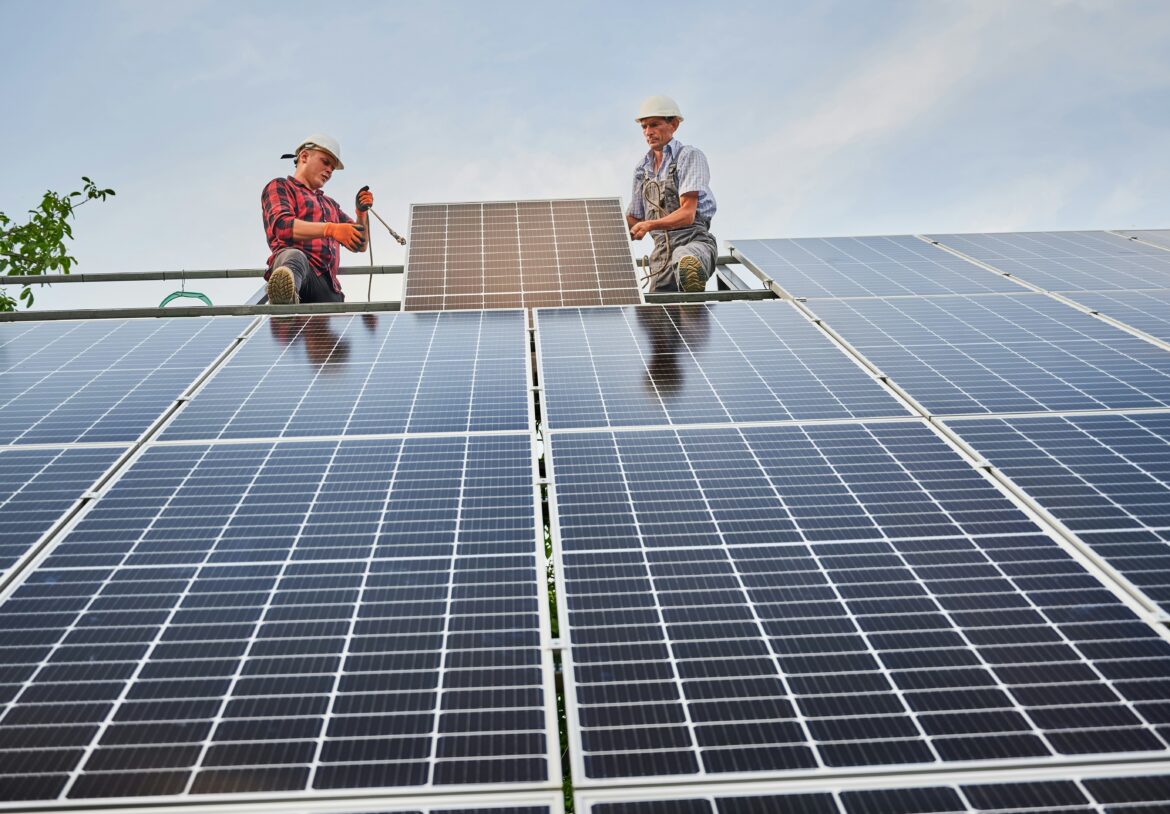Washington, D.C., USA
On December 4, 2024, a group of Republican senators introduced new legislation aimed at blocking President Joe Biden’s clean energy mandates, which they argue would significantly increase energy costs and harm American workers. The bill, known as the “Affordable Energy Protection and Economic Growth Act,” seeks to reverse several executive actions the Biden administration has taken to implement clean energy standards for power plants, vehicles, and other major industries.
Senator John Barrasso (R-WY), the lead sponsor of the bill, was joined by other key Republican figures such as Senator Ted Cruz (R-TX), Senator Lisa Murkowski (R-AK), and Senator Shelley Moore Capito (R-WV). Barrasso expressed concerns that the Biden administration’s push for cleaner energy sources is making energy prices unaffordable for American families, especially amid rising inflation and economic uncertainty.
“We’re introducing this bill because the Biden administration’s clean energy standards will harm American workers, consumers, and families. These overzealous regulations raise energy costs and will make it harder for U.S. businesses to compete in the global economy,” Barrasso said during the announcement. “The ‘Affordable Energy Protection and Economic Growth Act’ is about ensuring that energy remains affordable and reliable, while still allowing for responsible, gradual transitions to cleaner energy in the future.”
Biden’s clean energy standards are part of his broader climate agenda aimed at reducing the U.S. carbon footprint and addressing climate change. The administration’s plan seeks to achieve net-zero emissions by 2050, with a 50% reduction in greenhouse gas emissions by 2030. These goals involve a significant overhaul of the energy sector, including stricter emissions limits for power plants and mandates for the electric vehicle (EV) market.
Republicans have long criticized the rapid pace of the clean energy transition, arguing that it places undue pressure on traditional energy sectors like coal, oil, and natural gas, which remain key components of U.S. energy infrastructure. They also point to the lack of sufficient infrastructure to support a nationwide shift to EVs and renewable energy sources such as wind and solar.
The bill introduced by the GOP would freeze or undo the more stringent measures, emphasizing energy security and affordability. Industry groups such as the American Petroleum Institute (API) and the U.S. Chamber of Commerce have expressed support for the bill, warning that Biden’s regulatory approach risks driving up energy prices and putting U.S. energy producers at a disadvantage globally.
However, the Biden administration and environmental groups like the Sierra Club argue that these standards are essential to combat climate change, reduce reliance on fossil fuels, and create long-term economic growth through green jobs and technologies.
“This bill is a direct attack on progress in reducing carbon emissions and advancing clean energy,” said a Sierra Club spokesperson. “We cannot afford to delay climate action any longer.”
The debate over clean energy regulations and energy policy will remain a key issue as the 2024 elections approach, with energy independence and affordability at the forefront of Republican messaging.

